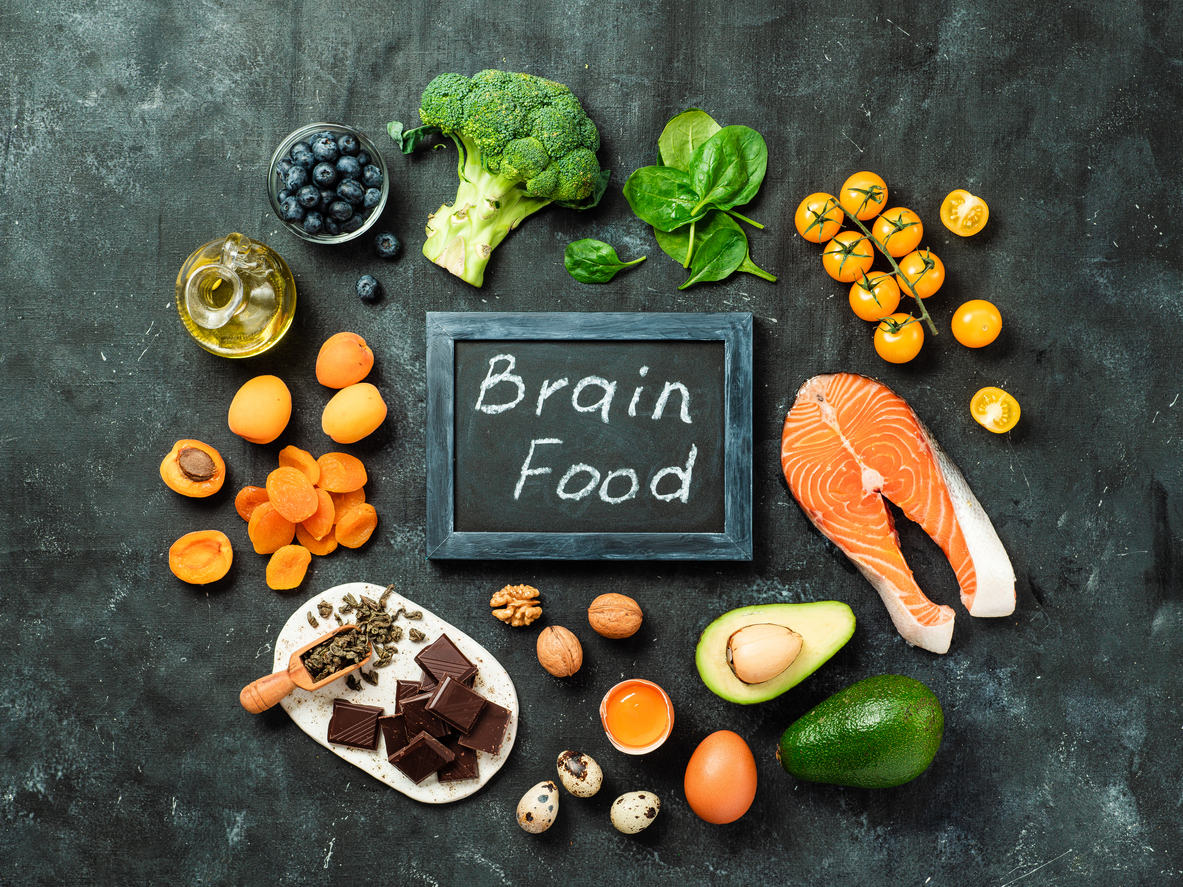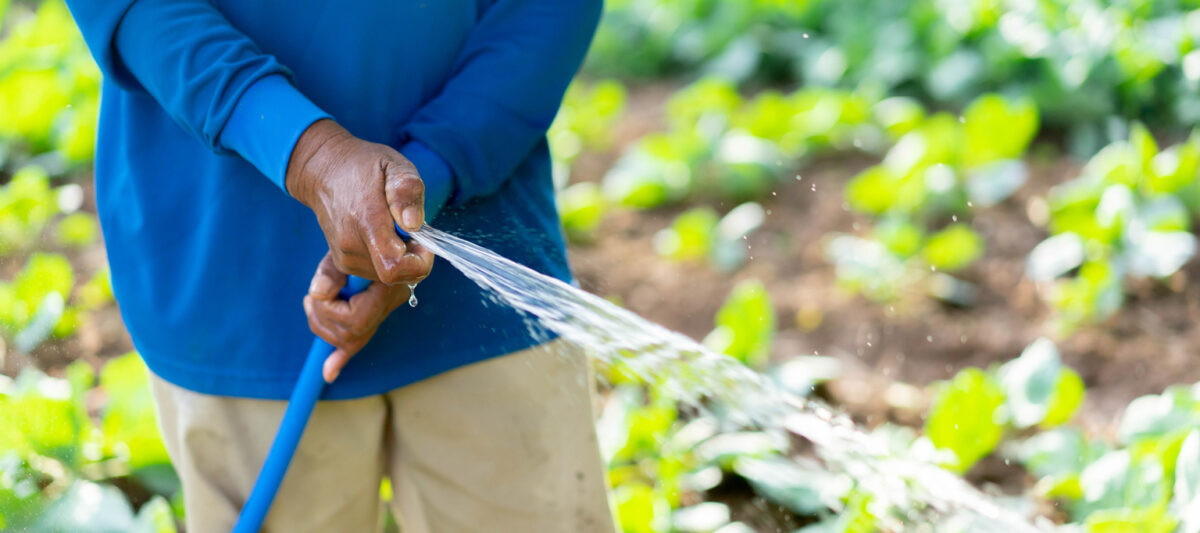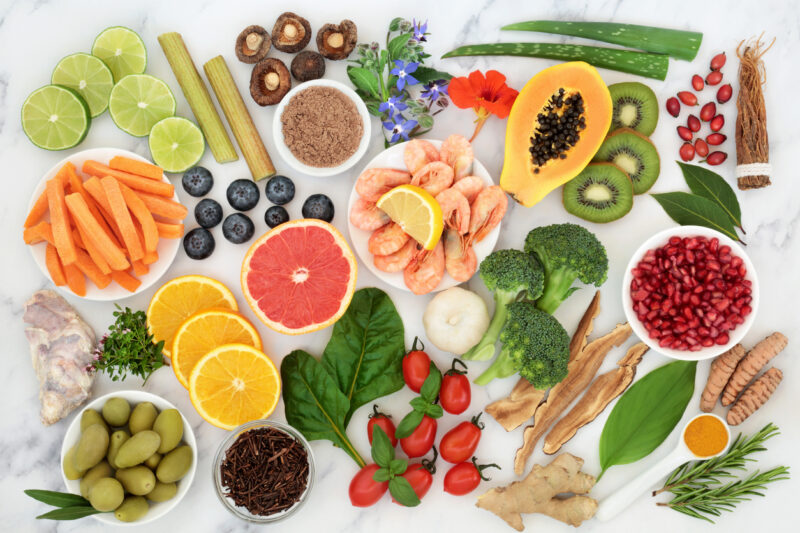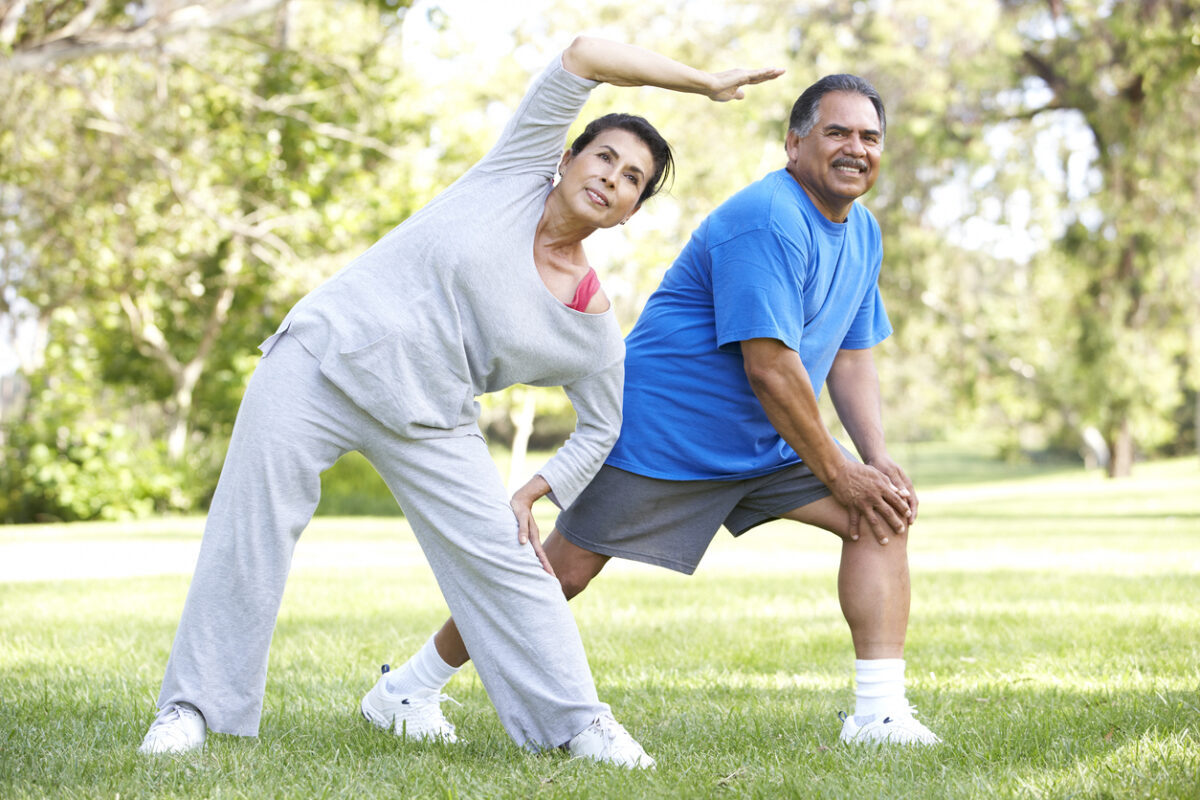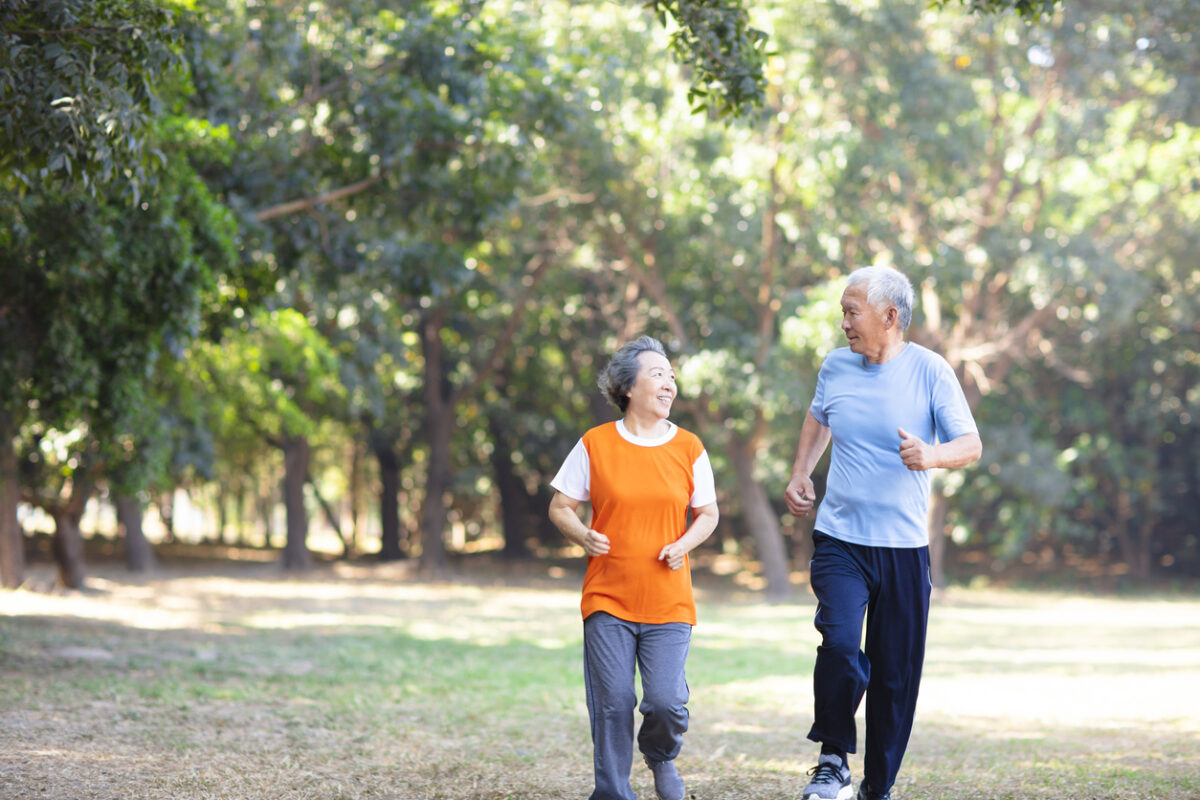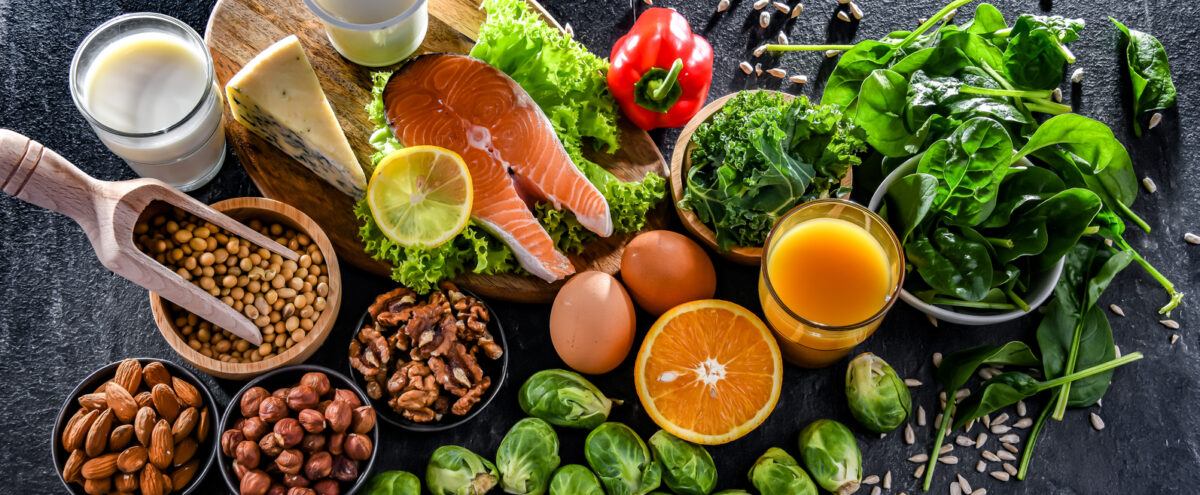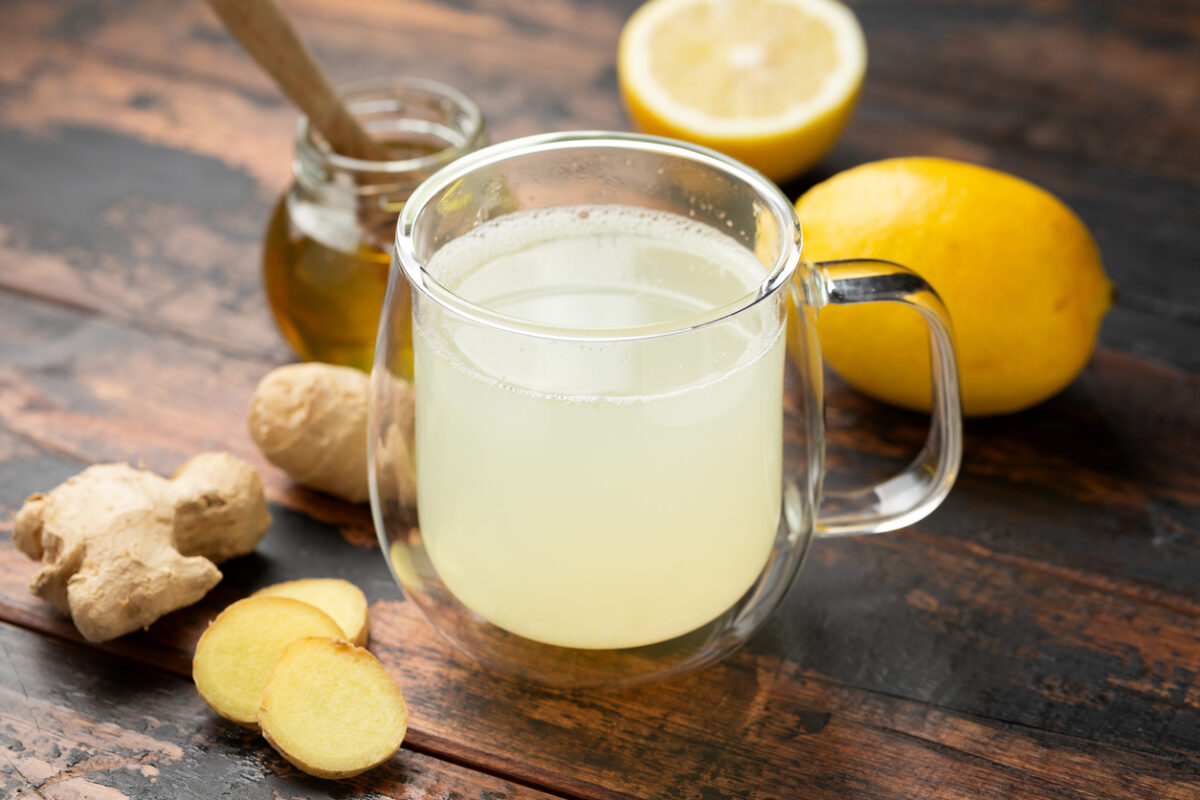The Ultimate Guide to Best Vitamins for Brain Support
“The Ultimate Guide to Best Vitamins for Brain Support” explores how vitamins such as B vitamins, omega-3 fatty acids, and antioxidants can enhance cognitive function and support brain health.
Including a variety of nutrient-dense foods in your diet rich in these vitamins can help improve memory, focus, and overall brainpower.
Additionally, supplementing with high-quality vitamins when needed can provide an extra boost. Prioritizing a balanced diet and incorporating these brain-boosting vitamins can help optimize brain function and promote mental clarity.
Essential Vitamins for Optimal Brain Function
Optimal brain function relies on essential vitamins like vitamin B12, vitamin D, and omega-3 fatty acids.
Vitamin B12
Vitamin B12 is crucial for optimal brain function as it plays a key role in nerve function and the production of neurotransmitters. It is essential for maintaining healthy nerve cells and for the formation of myelin, a protective sheath that surrounds nerves. A deficiency in vitamin B12 can lead to symptoms such as memory problems, cognitive decline, and mood disturbances. Including sources of vitamin B12 in your diet, such as meat, fish, dairy products, and fortified cereals, can help support your brain health and overall cognitive function. Additionally, if you are at risk of a deficiency, consider taking a supplement or getting regular B12 injections to ensure you are meeting your body’s needs for this important vitamin.

Vitamin D
Vitamin D is crucial for optimal brain function as it plays a role in nerve function, neuroprotection, and neuroplasticity. Deficiency in Vitamin D has been linked to cognitive decline, mood disorders, and an increased risk of neurodegenerative diseases such as Alzheimer’s. It is important to ensure adequate intake of Vitamin D through sunlight exposure, food sources like fatty fish and fortified dairy products, or supplements if necessary to support overall brain health and cognitive function. Consult with a healthcare provider to determine the appropriate level of Vitamin D for your individual needs.
Vitamin K
Vitamin K is an essential nutrient that plays a crucial role in brain function. It is important for blood clotting, as well as for supporting brain health and cognitive function. Vitamin K helps to activate proteins that are involved in nerve cell growth, maintenance, and repair. Additionally, research suggests that vitamin K may have anti-inflammatory and antioxidant properties that could help protect the brain from damage. Including foods rich in vitamin K, such as leafy green vegetables, broccoli, and Brussels sprouts, in your diet can help support optimal brain function and overall cognitive health.
Omega 3 Fatty Acids
Omega 3 fatty acids are essential for optimal brain function. These healthy fats are crucial for maintaining the structure and function of brain cells, promoting nerve signaling, and reducing inflammation in the brain. Omega 3 fatty acids, particularly EPA and DHA, have been linked to improved cognitive function, memory, and mood. They also support brain development in infants and children. Sources of omega 3 fatty acids include fatty fish like salmon, walnuts, flaxseeds, chia seeds, and algae supplements. Including these foods in your diet can help support your brain health and overall cognitive function.
What Foods Contain Brain Support Vitamins?
By incorporating these brain-supporting vitamins into your diet, you can expect to improve your cognitive function, memory, and overall brain health. From leafy greens rich in vitamin K to fatty fish packed with omega-3 fatty acids, we will delve into a variety of foods that can support your brain health and cognitive abilities.

General Guide
To support your brain health, incorporate a variety of nutrient-rich foods into your diet. Focus on consuming plenty of fruits, vegetables, whole grains, lean proteins, and healthy fats. Include foods rich in omega-3 fatty acids like salmon, walnuts, and flaxseeds. Blueberries, avocados, and dark leafy greens are also great choices for brain support. It’s important to stay hydrated and limit the intake of processed and sugary foods to maintain optimal brain function. Remember that a balanced diet is key to supporting overall brain health.
Now, let’s focus on each specific vitamin and how you can take it richly from foods.
Vitamin B12
Foods rich in Vitamin B12 that can support brain health include animal products such as meat, fish, poultry, eggs, and dairy products like milk and cheese. Some fortified plant-based foods like fortified cereals, plant-based milk, and nutritional yeast are also good sources of Vitamin B12 for those following a vegetarian or vegan diet. Incorporating these foods into your diet can help ensure you are getting enough Vitamin B12 to support brain function and overall cognitive health.
Vitamin D
Foods rich in Vitamin D that support brain health include fatty fish like salmon, mackerel, and sardines. Additionally, dairy products like yogurt and cheese are good sources of Vitamin D. Fortified foods such as orange juice, soy milk, and cereal also provide this essential nutrient. Egg yolks and mushrooms are other natural sources of Vitamin D that can benefit your brain health. Incorporating these foods into your diet can help support cognitive function and overall brain health.
Vitamin K
Foods that are rich in vitamin K can provide essential support for brain health. Some excellent sources of vitamin K include leafy green vegetables such as spinach, kale, and collard greens. Other options include broccoli, Brussels sprouts, and avocado. Including these foods in your diet can help support cognitive function and overall brain health. Additionally, fermented foods like sauerkraut and kefir can also provide a good amount of vitamin K for brain support.
Omega 3 Fatty Acids
Omega-3 fatty acids are essential for brain health and can be found in various foods. Some of the best sources include fatty fish such as salmon, mackerel, and sardines. Plant-based sources include flaxseeds, chia seeds, walnuts, and hemp seeds. Additionally, algae oil and fortified foods like eggs and yogurt can also provide a good amount of omega-3s. Including these foods in your diet can support cognitive function and overall brain health.
Summery
We have been discussing beneficial vitamins and foods for brain support. However, the system of the human brain is too complicated, and even contemporary science and medicine have found only a tiny part of the whole system.
Thus, we can’t determine any healthy habit that helps your issues. The most important thing will be that you keep everyday healthy habits, including eating various foods, keeping regular exercise even lightly, and enjoying your life!


